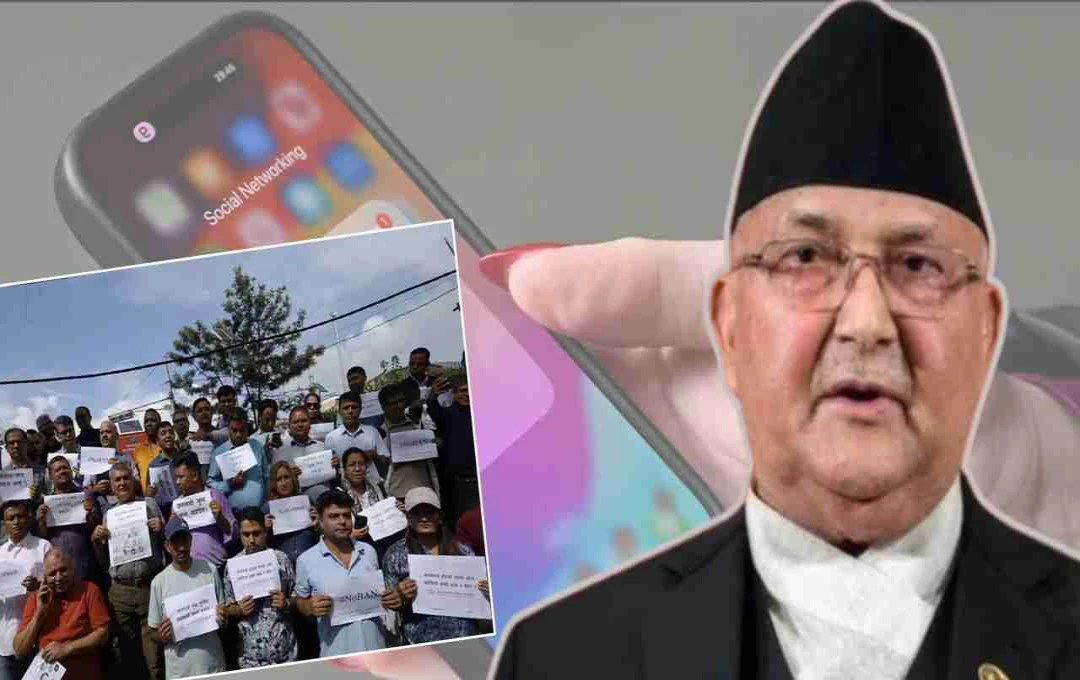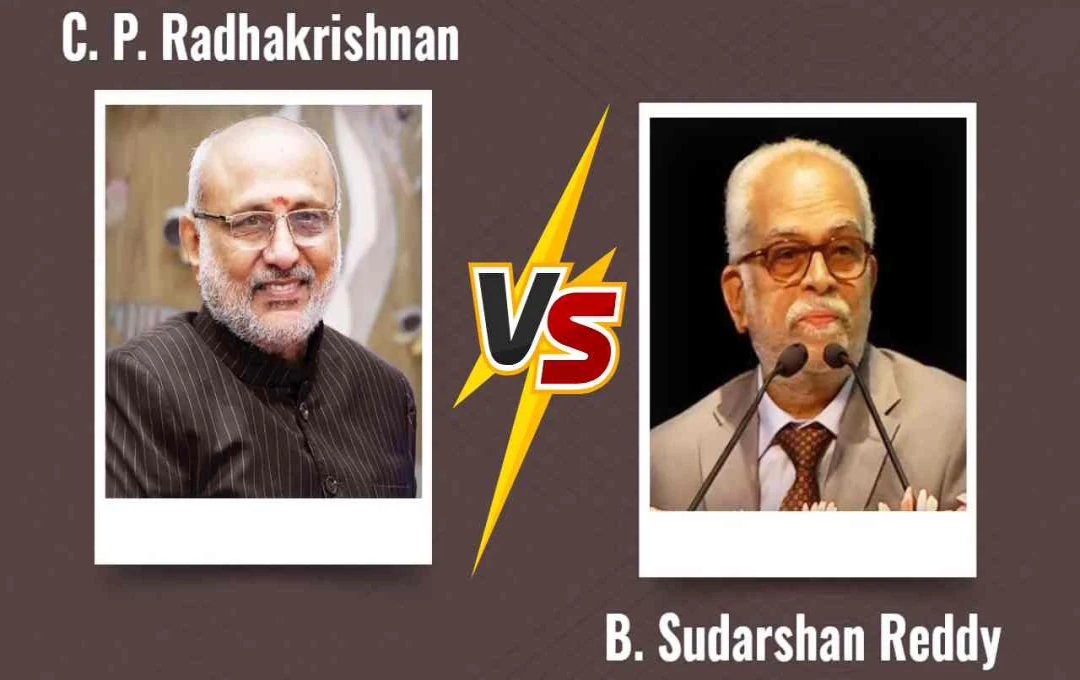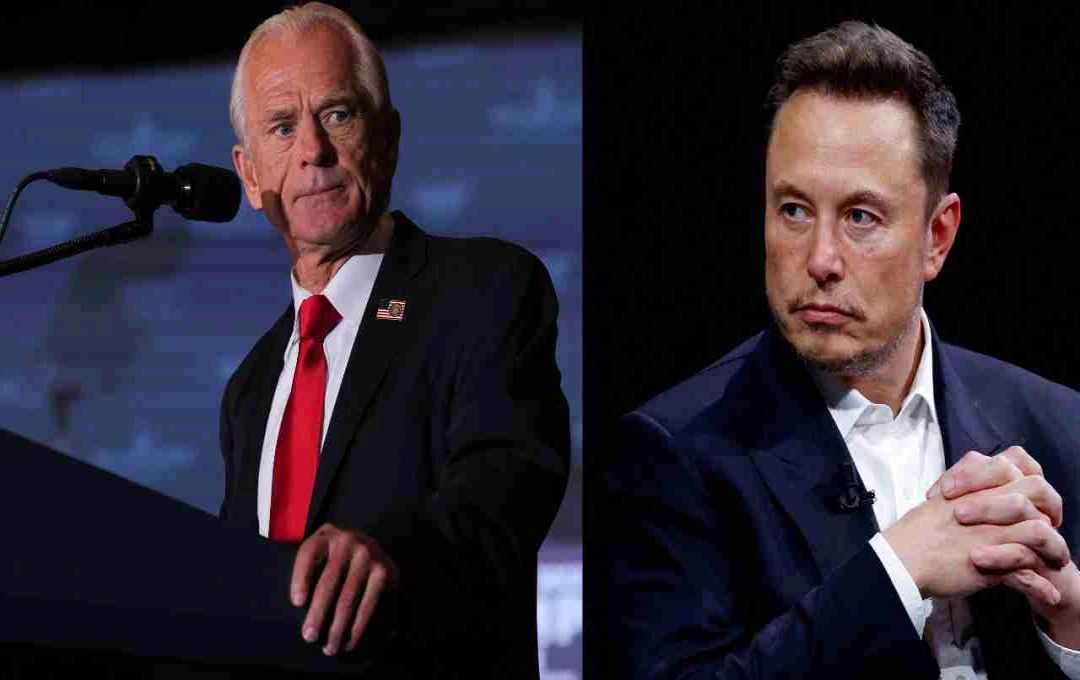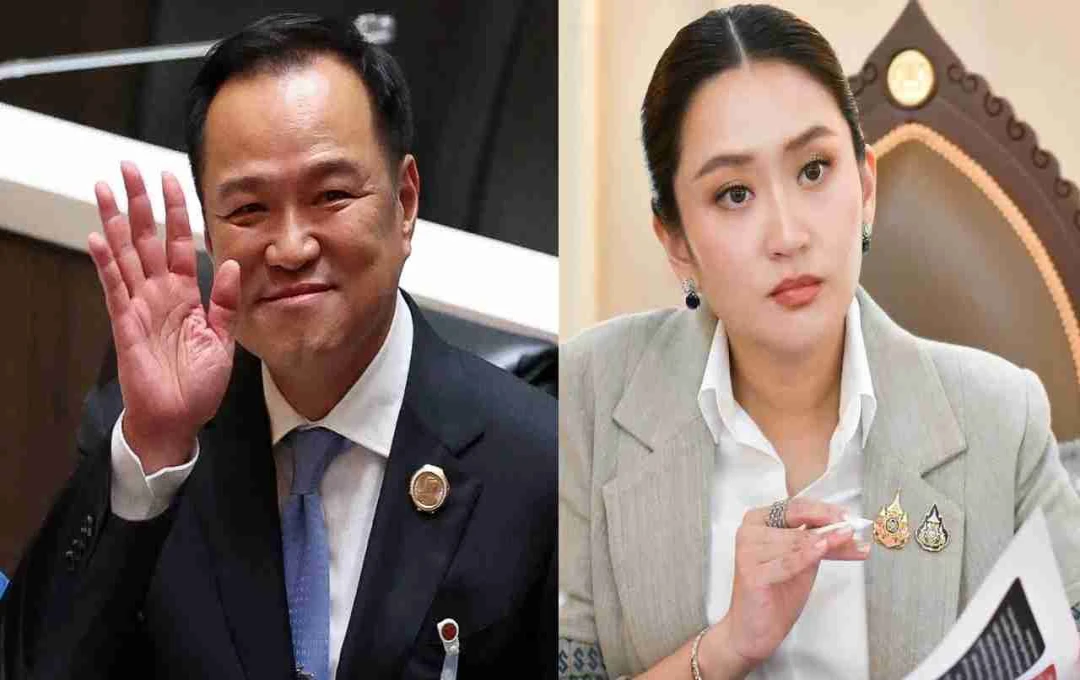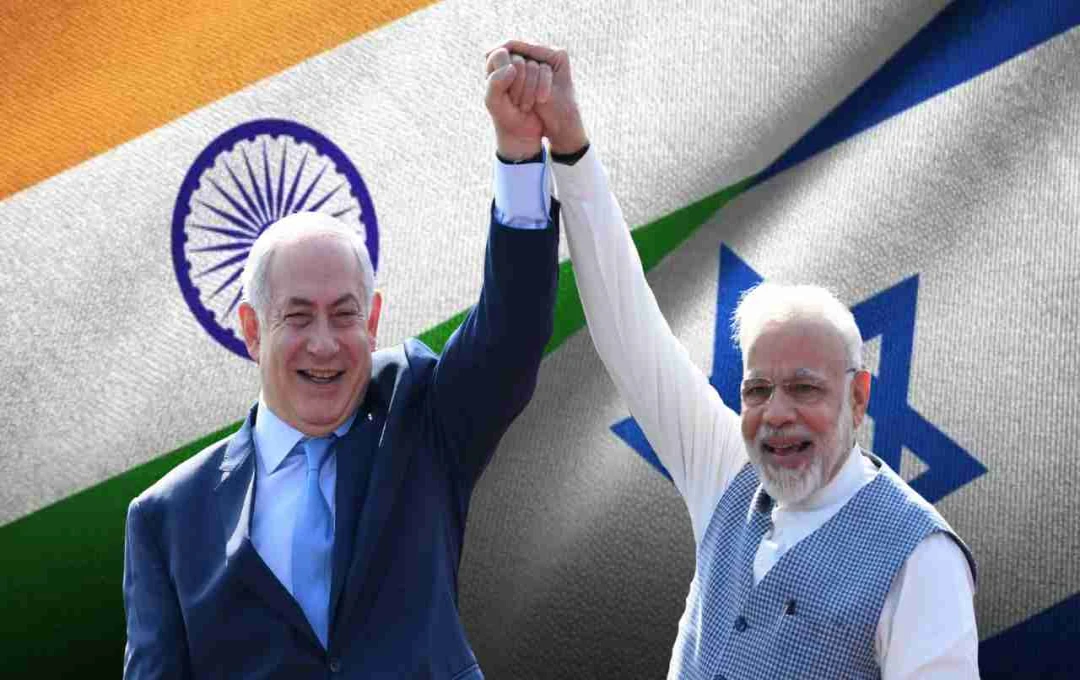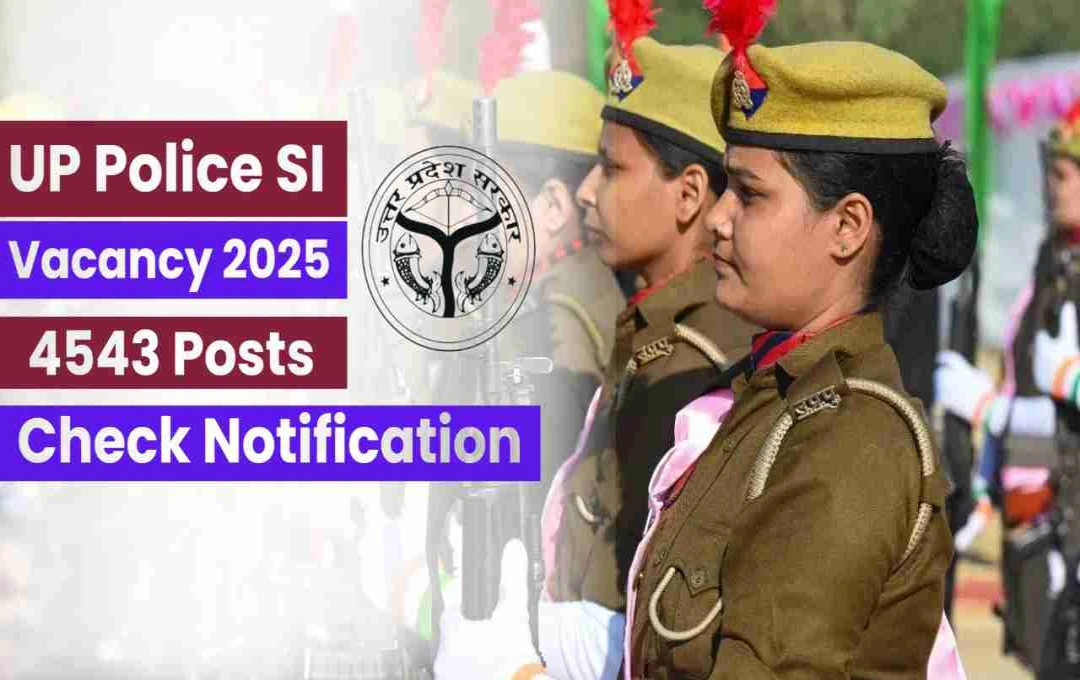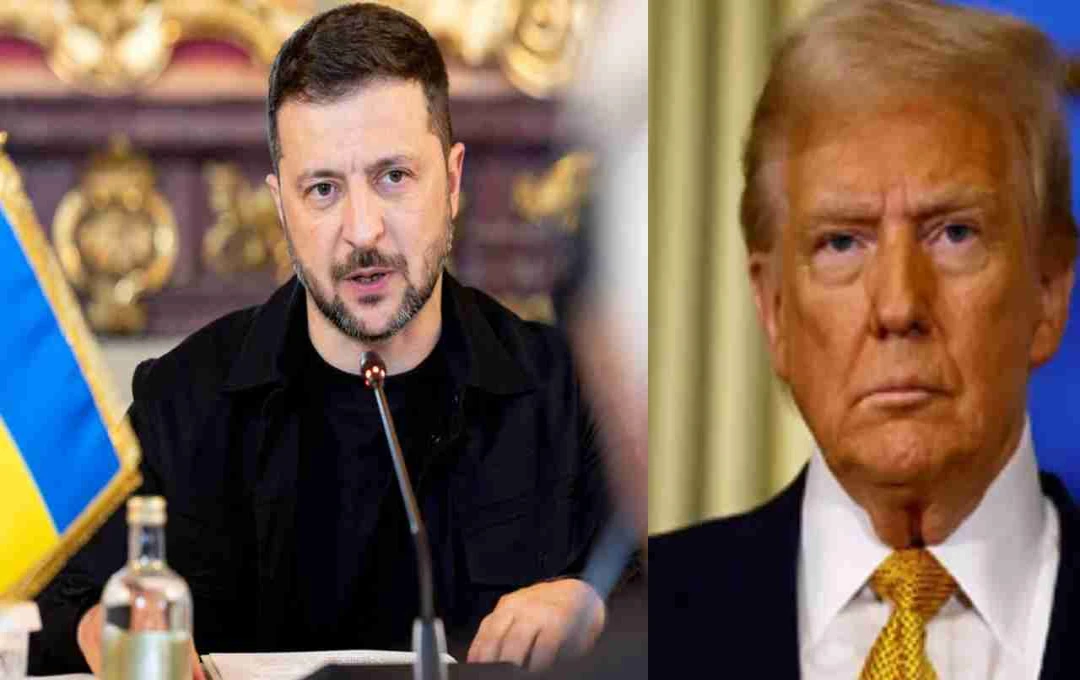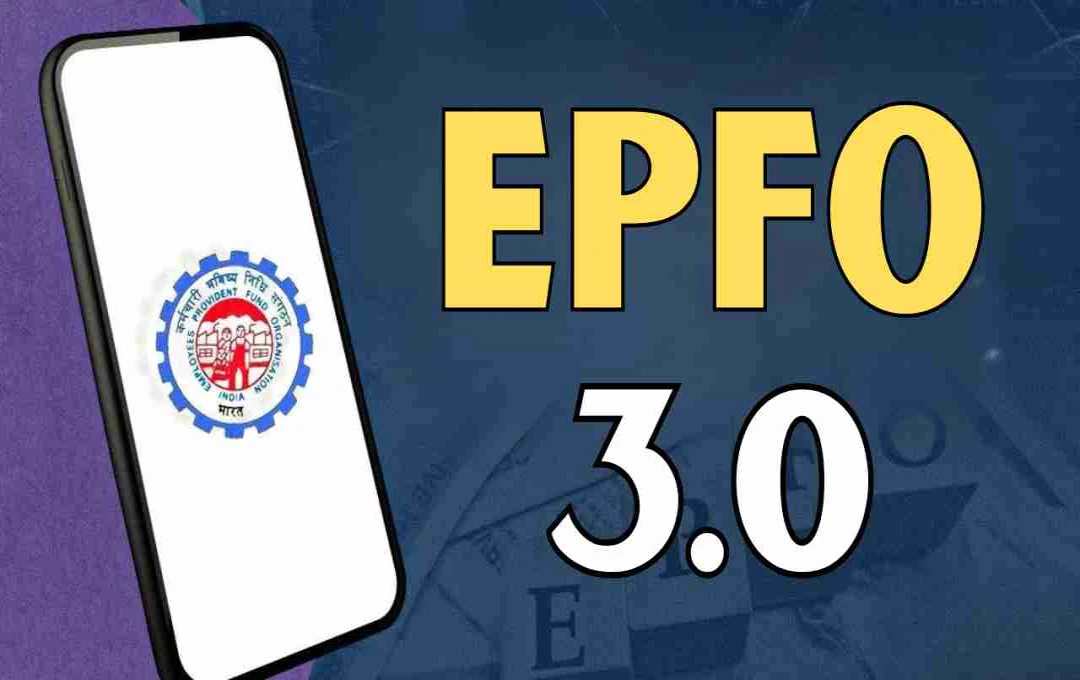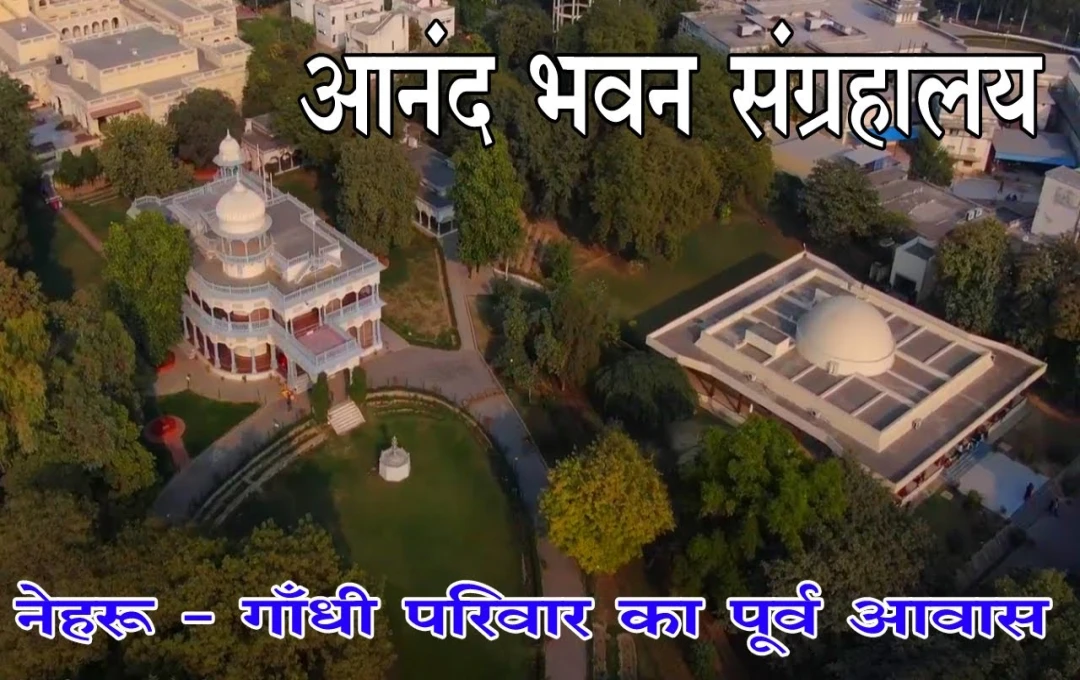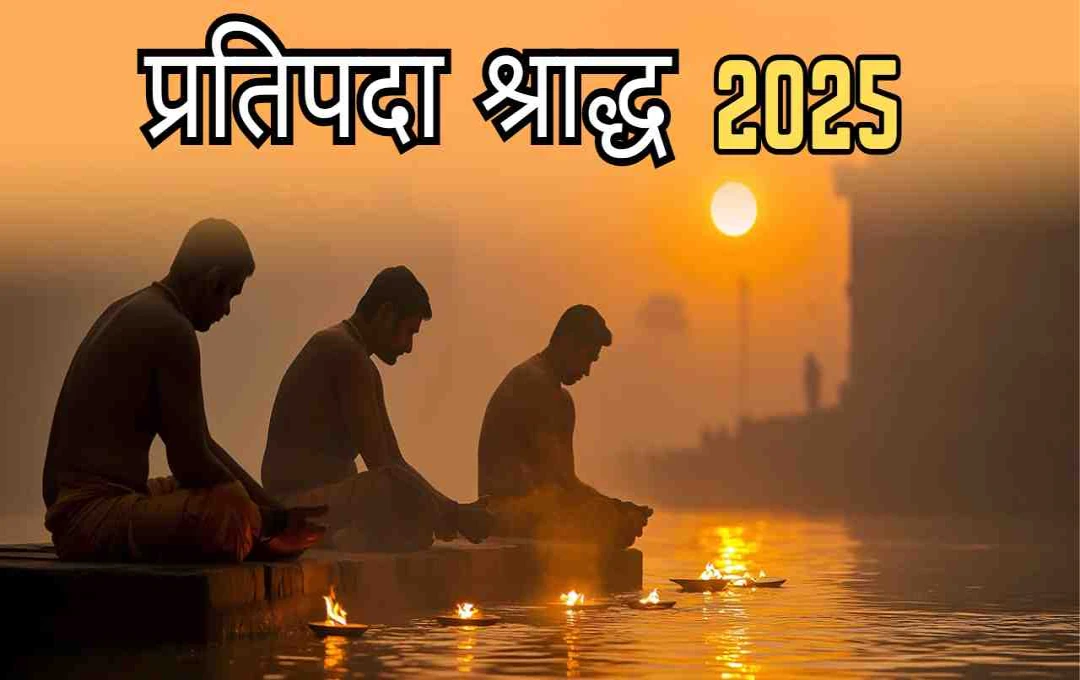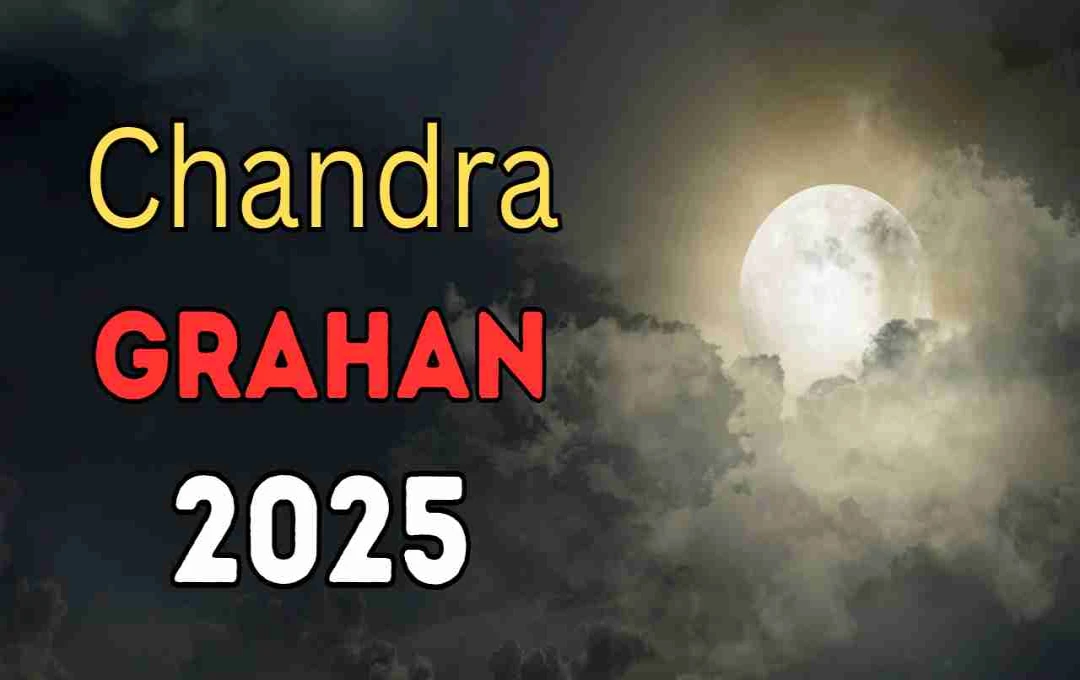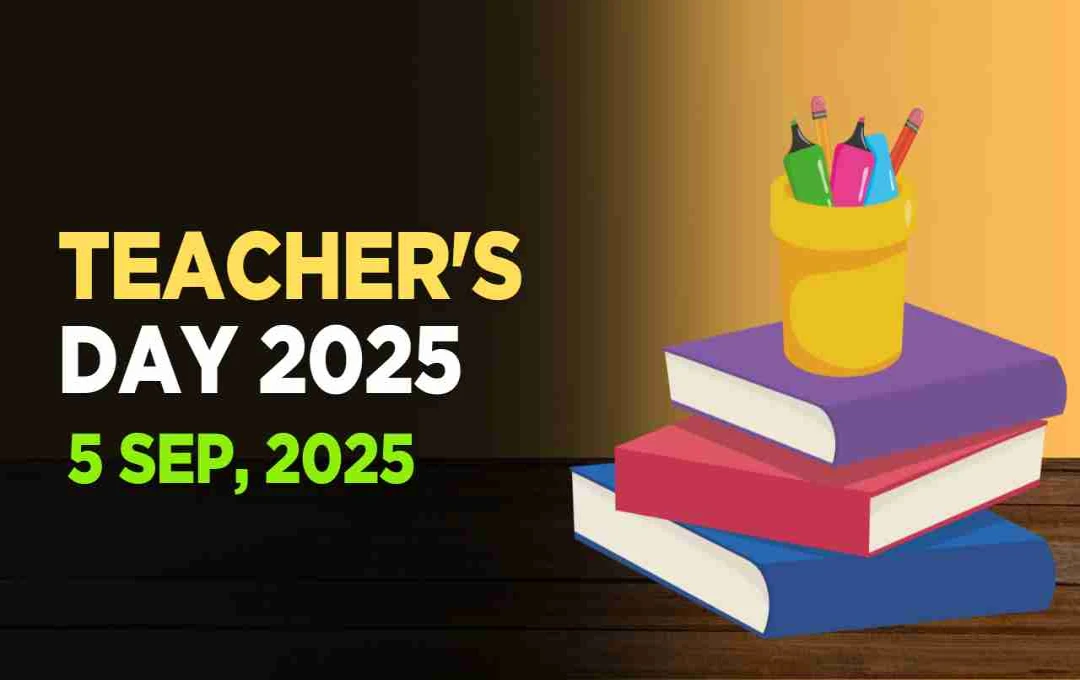The Government of Nepal has banned 26 social media apps, including WhatsApp, Facebook, Instagram, YouTube, Reddit, and X. Youth protested in the capital Kathmandu and other cities. The parliament premises were also stormed.
Nepal Protests: The Government of Nepal has recently taken a step that has created deep debate and protest among the country's citizens. The government has completely banned 26 popular social media platforms such as WhatsApp, Facebook, Instagram, YouTube, Reddit, and X. This decision has been implemented from the midnight of September 4, 2025. The government states that these companies had not completed the mandatory registration process in Nepal, hence they had to be temporarily banned.
Youth Anger Reaches Parliament
Immediately after the ban was imposed, the anger of the youth erupted on the streets in many cities, including Nepal's capital, the Kathmandu Valley. A large-scale demonstration began from Monday morning by students and social activists. The protestors had initially assured a peaceful movement, but the situation became uncontrollable when the police erected barricades and used tear gas and water cannons to stop them.
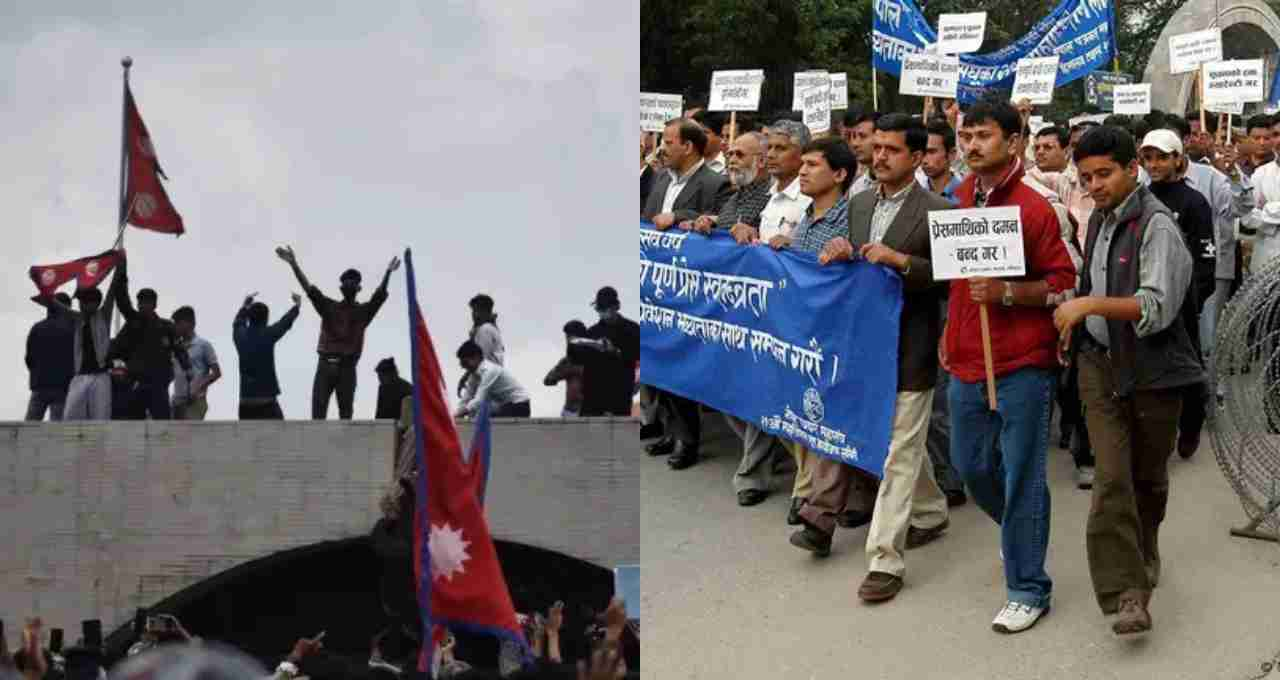
In their anger, the youth even stormed the parliament premises. Clashes occurred between the police and protestors during their attempt to enter the Federal Parliament in New Baneshwor. This movement is being described as entirely non-political, primarily involving students, youth, and social organizations.
Impact on Indian Border Areas as Well
The impact of this ban in Nepal is not limited to its citizens but is also being felt by people living in the border areas of India, especially in regions like the Madhubani district of Bihar. There are close social and family ties between Nepal and India. Previously, people could communicate easily and cheaply through apps like WhatsApp and Messenger, but now they have to spend more on mobile calling.
Making a call from Nepal to India costs approximately 12 Indian rupees per minute, while calling from India to Nepal costs around 7 Nepali rupees, which is about 4.5 Indian rupees. This has increased the financial burden on families and traders in both countries.
Why Did the Government Impose the Ban?
The Government of Nepal believes that rumors (fake news) and provocative content spread rapidly on social media, which can pose a threat to the country's sovereignty and stability. According to the government, this step has been taken keeping national security in mind.
Furthermore, the government has clarified that platforms that have completed the registration process in Nepal have been allowed to continue their operations. These platforms include TikTok, Viber, Witk, Nimbuzz, and Popo Live. Telegram and Global Diary are currently undergoing the registration process and may receive approval soon.
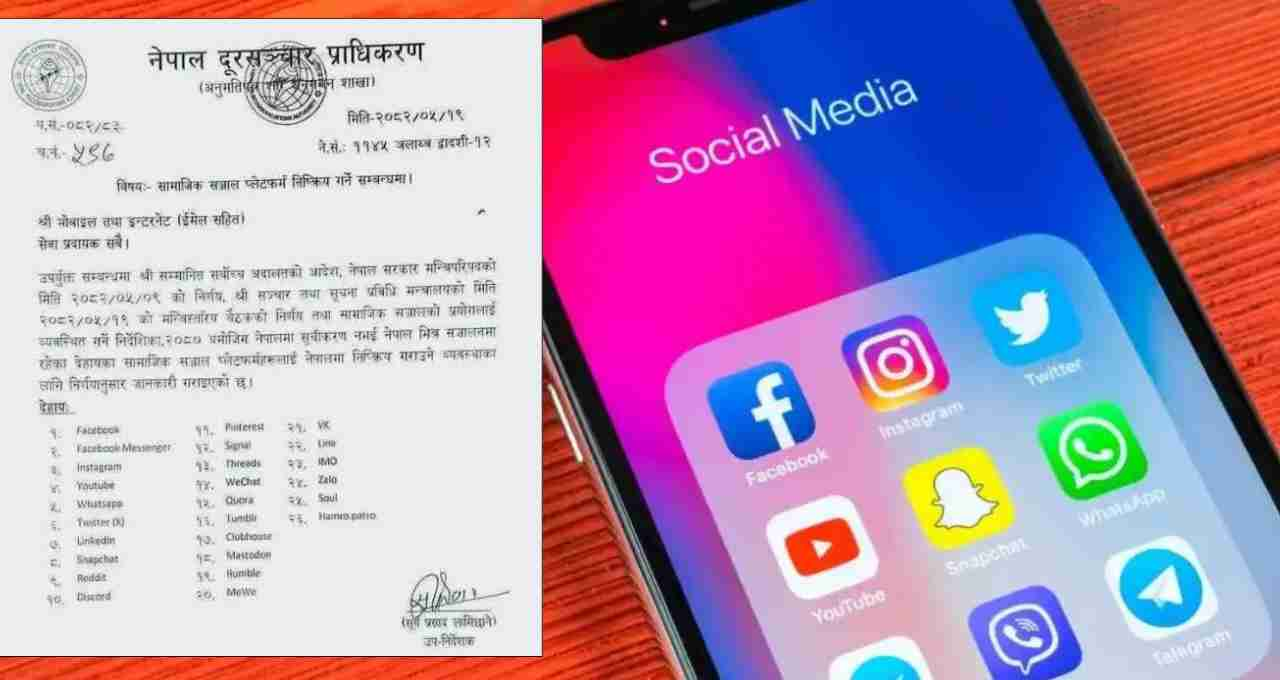
When Will the Ban Be Lifted?
The government has made it clear that this ban is not permanent. As soon as social media companies complete their registration according to Nepal's laws and regulations, the ban will be lifted. The government stated that these companies were given a seven-day grace period on August 28, 2025, but they took no action by the deadline. The government was compelled to take this harsh step.
Similar Decisions Have Been Made Before
This decision by the Government of Nepal is not new. Earlier, TikTok was banned in November 2023. At that time, the government cited it as a reason for the growing unrest and spread of inappropriate content in the country. However, in August 2024, TikTok completed its registration process, and subsequently, the government lifted the ban. But the situation is different this time as 26 platforms have been restricted simultaneously. This is the biggest ban to date.
Reasons for the Ban
According to the government, there are several reasons behind this ban. The biggest concern is the rapid spread of rumors and provocative content, which can fuel tension and violence in society. Additionally, the government believes this step is necessary to maintain the country's security and stability.
However, critics argue that this move is a direct attack on citizens' freedom of communication and freedom of expression. People rely on social media to voice their opinions and share their thoughts. In such a scenario, such restrictions can affect democratic rights.
